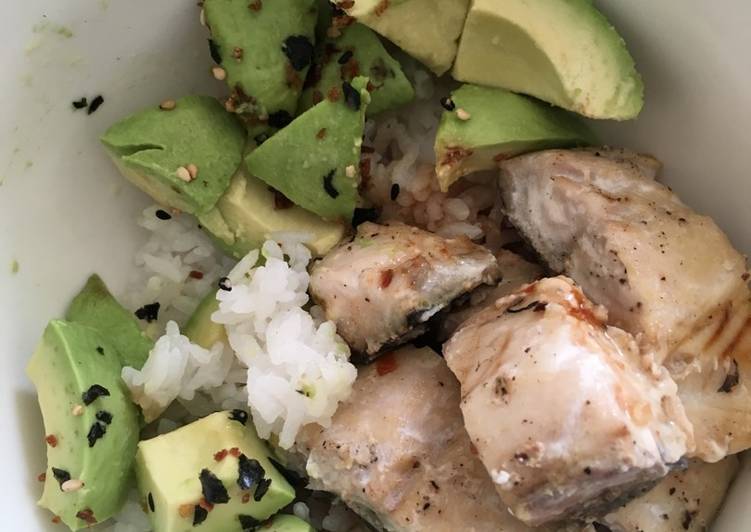Avocado & Katsuo sprinkles, grilled Saba. Wien M., Haddad E., Sabate′ J. Effect of incorporating avocado in. Название на латыни: Persēa americāna. Название по-английски: Avocado. Крем для кожи вокруг глаз с авокадо Creamy Eye Treatment with Avocado, Kiehl's. Моментально увлажняет. Комфортная консистенция не перегружает тонкую кожу век. I hope you have some avocados left over from Cinco de Mayo because I have a whole LOT of ideas for how you can use.
 The plants were domesticated in tropical America before the Spanish conquest.
Learn more about the history, uses, and types of avocados.
This fruit is prized for its high nutrient value and is added to various dishes due to its good flavor and rich texture.
You can have Avocado & Katsuo sprinkles, grilled Saba using 3 ingredients and 3 steps. Here is how you cook that.
The plants were domesticated in tropical America before the Spanish conquest.
Learn more about the history, uses, and types of avocados.
This fruit is prized for its high nutrient value and is added to various dishes due to its good flavor and rich texture.
You can have Avocado & Katsuo sprinkles, grilled Saba using 3 ingredients and 3 steps. Here is how you cook that.
Ingredients of Avocado & Katsuo sprinkles, grilled Saba
- Prepare of Avocado.
- It's of Katsuo sprinkles.
- You need of Saba.
Love One Today is dedicated to providing nutritional information and health benefits of avocado, plus the latest on avocado nutrition research for health professionals. The avocado is virtually the only fruit that contains monounsaturated fat —good fat. Avocados can act as a "nutrient booster" by helping increase the absorption of fat-soluble nutrients like Vitamins A, D. Avocados must be used when fully ripe.
Avocado & Katsuo sprinkles, grilled Saba instructions
- Grill Saba & Cut avocado into bite size..
- Put avocado, Saba, and rice in a bowl.
- Sprinkle Katsuo on top. Enjoy!.
They do not ripen on the Wash your avocados first. Even though you will not use the skin, when you cut through the skin with. Avocados are the fruit of a tree native to Mexico and Central America. WebMD presents the basics about avocados -- from calorie and nutrient content to storage and preparation advice. Borrowed from American Spanish avocado, altered —by folk-etymological association with abogado ("lawyer")— from the earlier aguacate, which comes from Classical Nahuatl āhuacatl ("avocado").